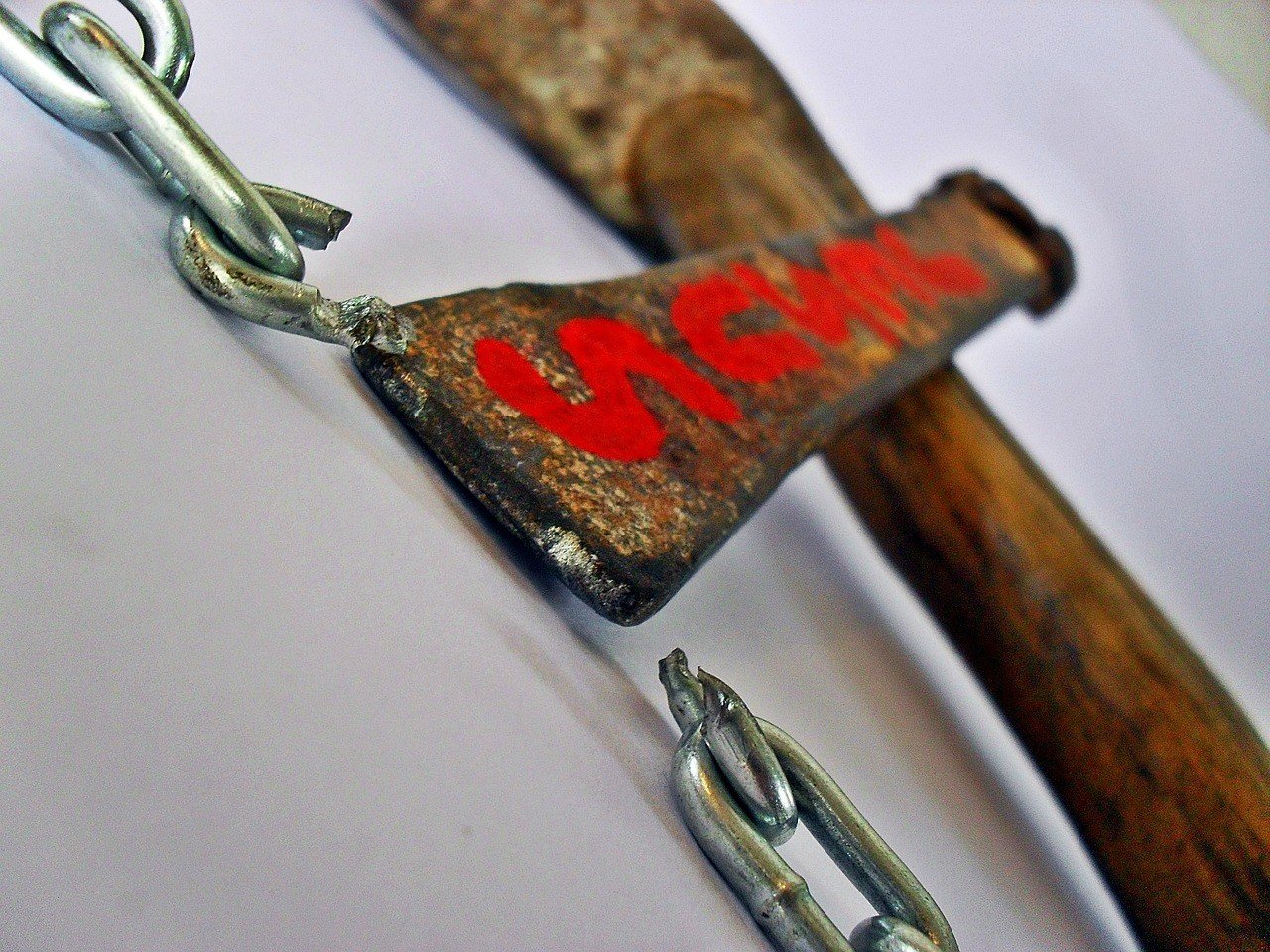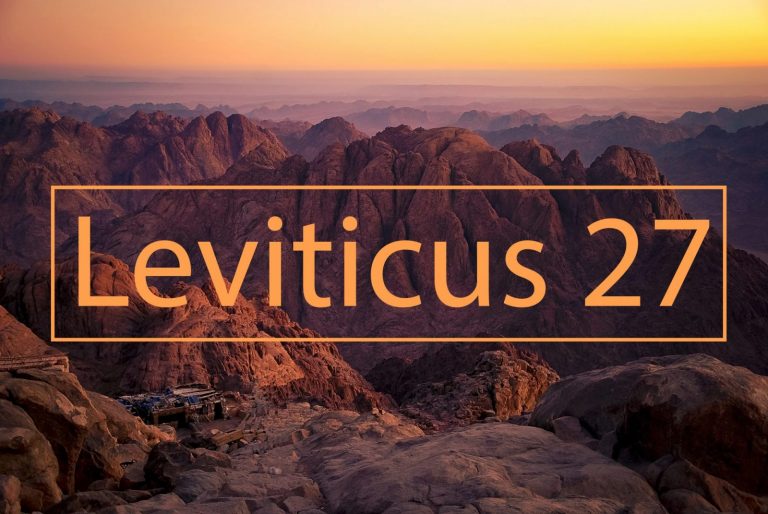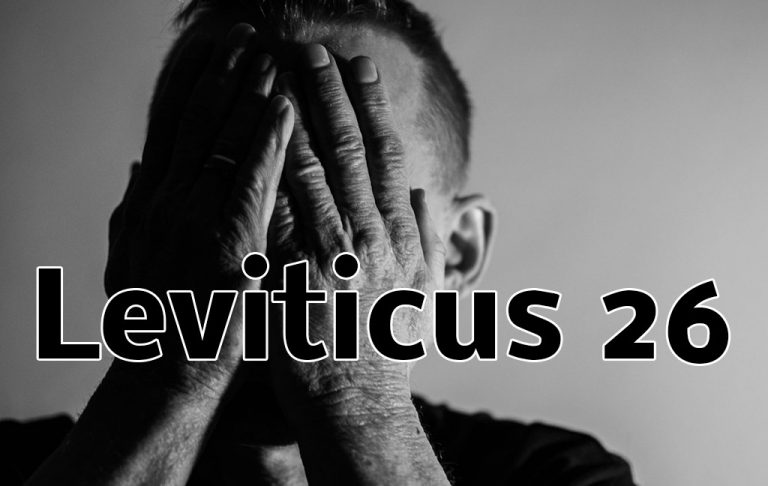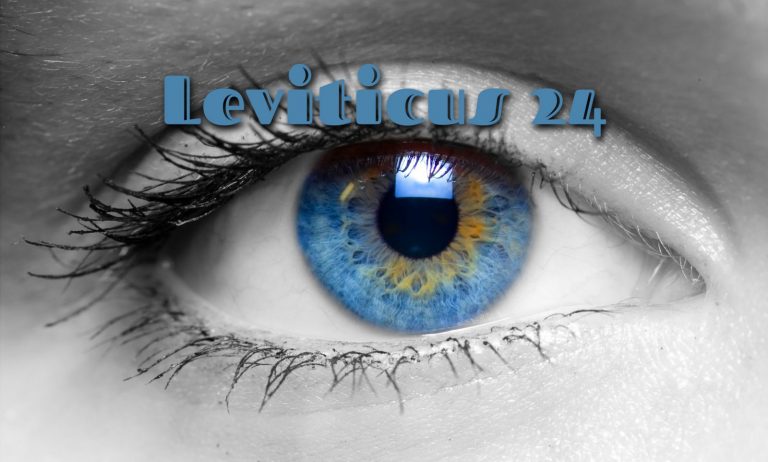Leviticus 14 Commentary
by Brad Boyles
The book of Leviticus deals with holiness in terms of wholeness. It was extremely important for the priests of the OT to have knowledge in what is considered “clean” and “unclean.” This allowed them to direct the people according to the wishes of God. The theology of lepers and the relationship between physical and spiritual wholeness really gets deep.
Consider what it would have been like to live as a leper.
- Lepers were considered unclean.
- Lepers were not holy.
- Lepers were not whole.
- There was no cure for leprosy.
- Lepers suffered physically, emotionally, and mentally with this disease.
In the same way, the disease of sin infected humanity in the garden. We were unclean, unholy, and definitely not whole. There was no cure and sin most certainly makes you pay a heavy price through suffering. The parallels go on and on.
So, what was the solution for the leper? There wasn’t one. Outside of an act from God, they were helpless. They waited without human aid for some kind of miraculous intervention. In fact, their fellow humans abandoned them. They labeled them as outcasts and sinners.
Enter, God incarnate. Jesus didn’t ask the lepers to come up to His throne in heaven, but rather, made Himself into a man and came directly and personally to their side. But, He didn’t stop there.
His ministry was full of interaction with tax-collectors, prostitutes, and social outcasts. The Kingdom of Heaven had arrived and healing was available. Of course, it wasn’t just physical healing. The miracles pointed to an even greater feat; Salvation was available. It didn’t matter how sick you were. It didn’t matter how ruined your life may be. Jesus put an end to the suffering we inflicted on ourselves from the beginning.
In physically healing lepers during His ministry in the NT, Jesus did not banish the Levitical law. In fact, He asked the lepers He healed to show themselves to the priest. However, He did banish the thought that some people should be lesser than others. He banished the idea that you can be defined by your past choices. And, of course, He banished sin and death at the cross and claimed victory over all His enemies. This is our Lord and Savior.




